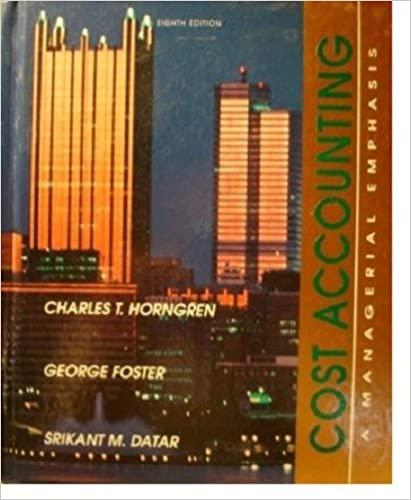Sensitivity and inflation. (Continuation of 3-26) As president of Walk Rite, you are concerned that inflation mav
Question:
Sensitivity and inflation. (Continuation of 3-26) As president of Walk Rite, you are concerned that inflation mav squeeze vour profitability. Specifically, you feel committed to the S30 selling price and fear that diluting the quality of the shoes in the face of rising costs would be an unwise marketing move. You expect the cost of shoes to rise by lO^c during the coming year. You are tempted to avoid the cost increase by placing a noncancelable order with a large supplier that would provide 50,000 units of the specified quality for each store at SI 9.50 per unit. (To simplifv this analysis, assume that all stores will face identical demands.) These shoes could be acquired and paid for as delivered throughout the year. However, all shoes must be delivered to the stores by the end of the year.
As a shrewd merchandiser, you foresee some risks. If sales were less than 50,000 units, vou feel that markdowns of the unsold merchandise would be necessarv to sell the goods. You predict that the average selling price of the leftover units would be SI 8.00. The regular com- mission of 5% of sales dollars would be paid to salespeople.
Required 1. Suppose that actual sales at S30 for the vear is 48,000 units and that vou contracted for 50,000 units. What is the operating income for the store?
2. If vou had had perfect forecasting ability, you would have contracted for 48,000 units rather than 50,000 units. What would the operating income have been if you had ordered 48,000 units?
3. Given actual sales of 48,000 units, by how much would the average cost per unit have had to rise before you would have been indifferent between having the contract for 50,000 units and not having the contract?
Step by Step Answer:

Cost Accounting A Managerial Emphasis
ISBN: 9780131810662
8th Edition
Authors: Charles T. Horngren, George Foster, Srikant M. Datar





